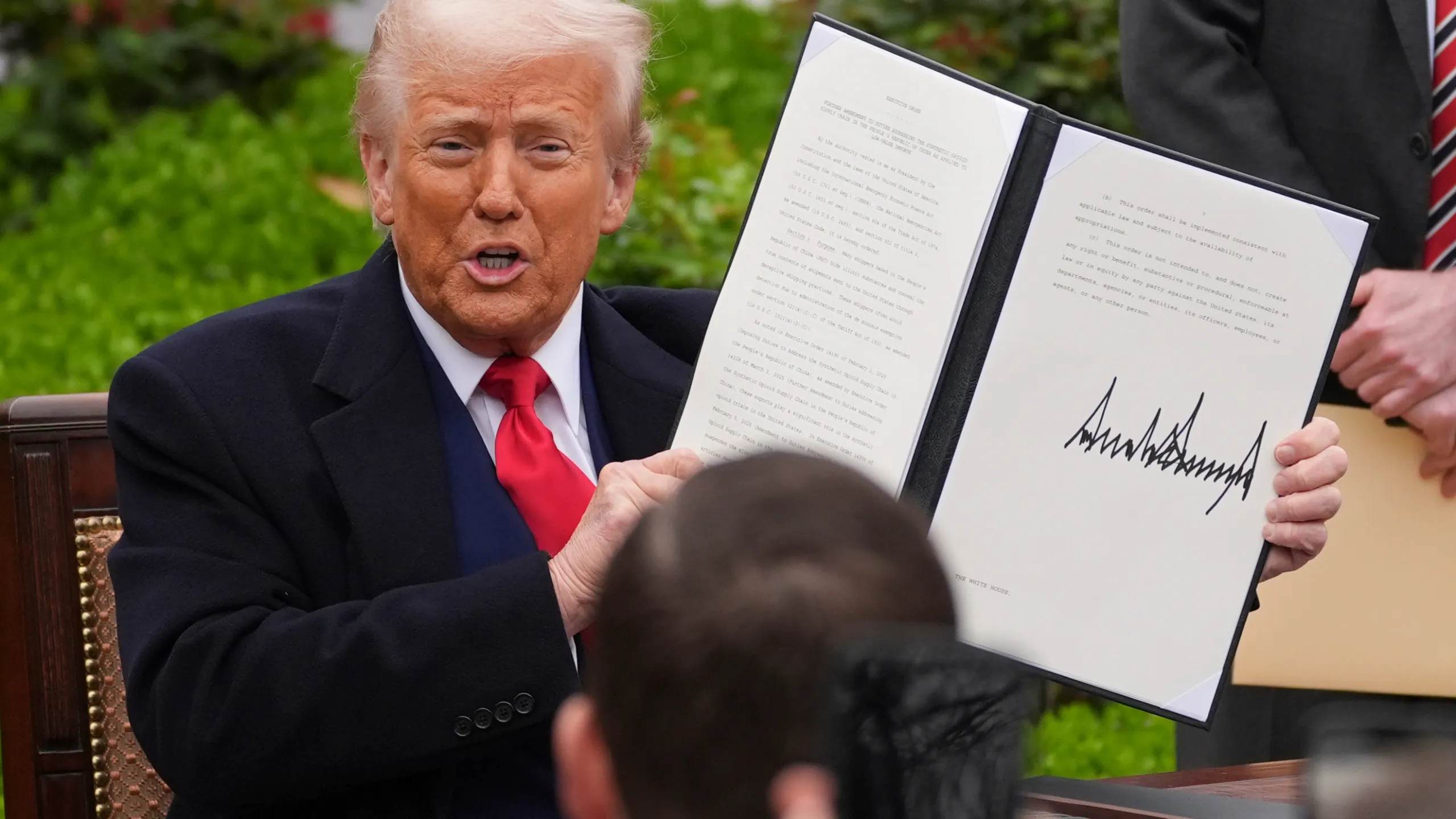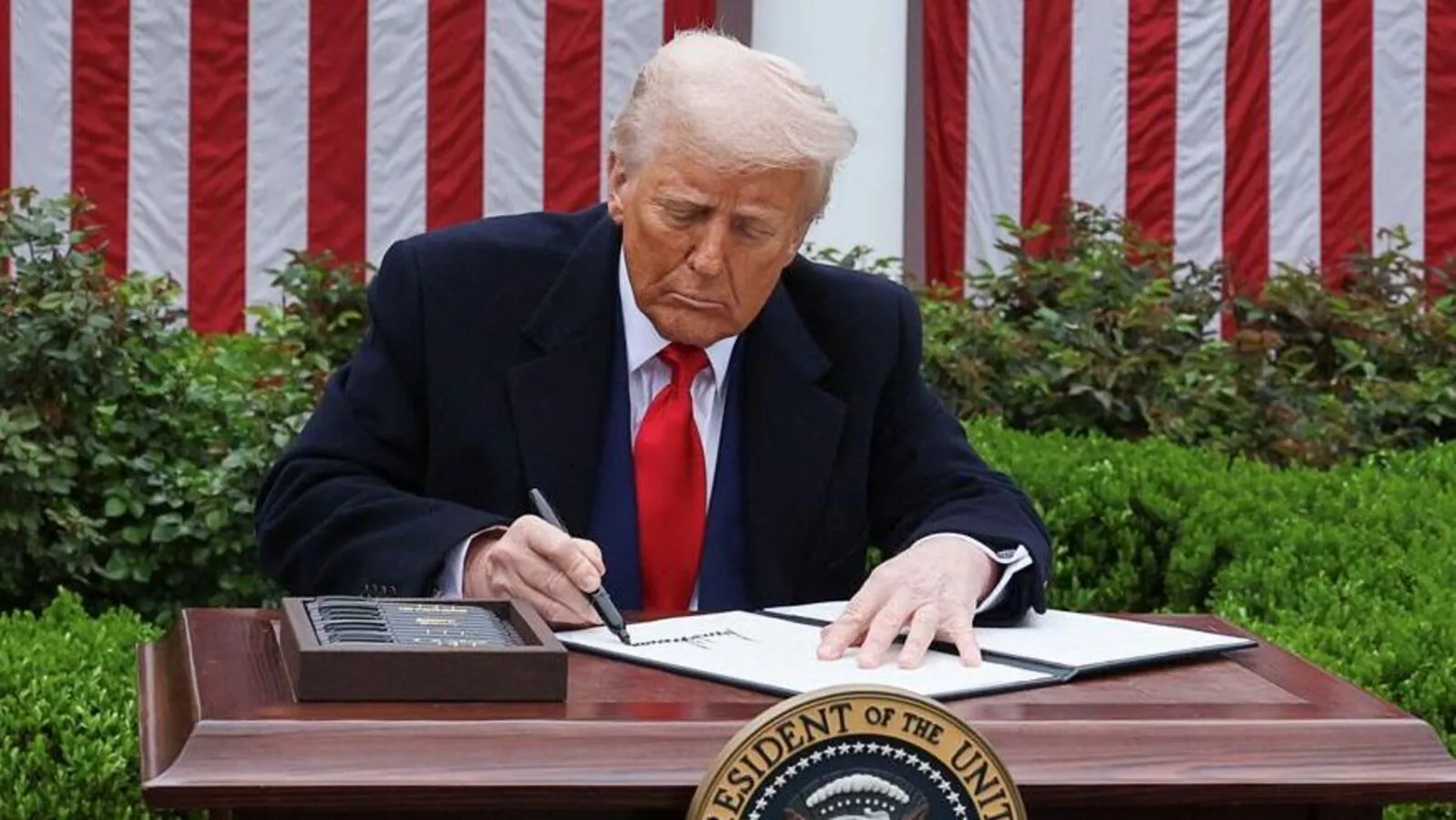
A Landmark Agreement Reshaping International Trade Dynamics
In a move that has sent ripples across global markets, former President Donald Trump has successfully negotiated a historic $550 billion trade deal with Japan. This agreement marks a significant milestone in international trade, emphasizing a new era of economic cooperation and strategic alliances. The deal’s scope and scale are unprecedented, with analysts describing it as “Never been anything like it”, highlighting the deal’s potential to alter trade policies worldwide.
Background and Significance of the Japan Trade Deal
The trade deal, rooted in years of negotiations, aims to bolster economic ties between the United States and Japan. It encompasses a wide array of sectors, including automotive, technology, agriculture, and pharmaceuticals. The magnitude of this agreement is reflected in its $550 billion value, which signals a major recalibration of bilateral trade relations.
What makes this deal particularly noteworthy is its scale—encompassing nearly every facet of trade between the two nations. It is designed not only to reduce tariffs and barriers but also to facilitate smoother commerce, protect intellectual property rights, and promote innovation. The deal’s comprehensive nature underscores its potential to impact supply chains, job creation, and technological advancement on both sides of the Pacific.
Key Provisions and Strategic Goals
- Tariff Reductions and Market Access: Substantial lowering of tariffs on Japanese electronics, automobiles, and agricultural products to boost exports and imports.
- Intellectual Property Protection: Strengthening of IP laws to safeguard innovations and creative industries, fostering a more competitive environment.
- Supply Chain Resilience: Encouragement of diversified supply chains to reduce dependency on third-party regions, US and Japan aim to build resilient infrastructure.
- Environmental and Labor Standards: Incorporation of commitments to sustainable practices and fair labor standards, aligning economic growth with social responsibility.
- Digital Trade and Innovation: Promotion of digital commerce, data flow, and technology-sharing initiatives to keep pace with the evolving global economy.
Implications for Global Markets and Geopolitics
The announcement of this monumental trade deal has immediate and far-reaching consequences. Stock markets worldwide responded positively, buoyed by expectations of increased trade stability and economic growth. Financial analysts predict a bullish outlook, especially for technology, manufacturing, and agricultural sectors.
Moreover, the deal reinforces the strategic alliance between the US and Japan amidst ongoing global geopolitical shifts. It signals a unified front in countering economic challenges posed by other major players, such as China and the European Union. The agreement also sets a precedent for bilateral trade agreements, potentially encouraging other nations to pursue similar comprehensive pacts.
Reactions and Future Prospects
Reactions to this historic trade deal have been largely positive, with industry leaders applauding the move. In a statement, Trump emphasized the significance, stating, “Never been anything like it,” highlighting the deal’s unique and ambitious scope.
However, some critics voice concerns about the deal’s long-term implications, especially regarding its impact on smaller industries or developing nations less integrated into this pact. International organizations are now closely monitoring its implementation to ensure fair practices and equitable growth.
Looking ahead, the agreement is poised to serve as a blueprint for future trade negotiations. Japan and the US are expected to continue collaborating on broader economic initiatives, including technology innovation and climate change mitigation, leveraging this deal as a foundation for continued cooperation.
Conclusion
The historic $550 billion trade deal between Donald Trump and Japan signifies a major turning point in global economic relations. It demonstrates a commitment to fostering economic growth, technological innovation, and strategic partnerships. As both nations aim to capitalize on these new opportunities, the world watches closely to see how this landmark agreement will shape the future of international trade and geopolitics.
For more updated news please keep visiting Prime News World.








